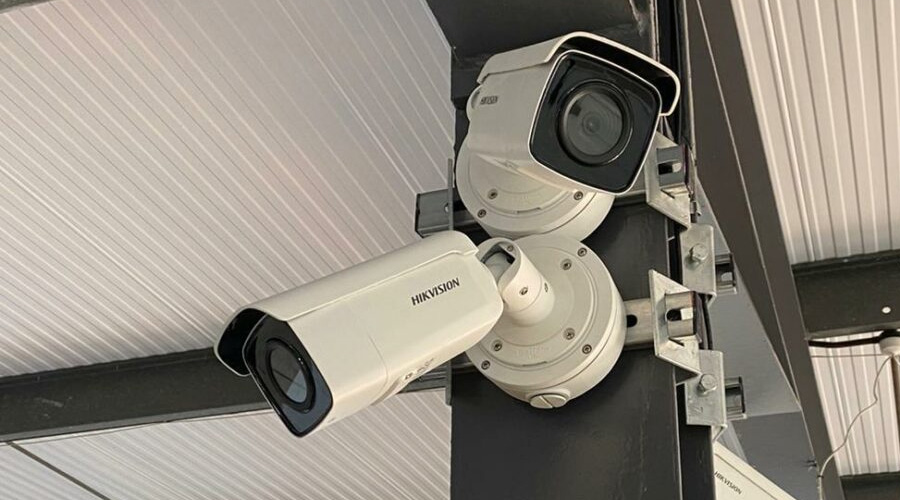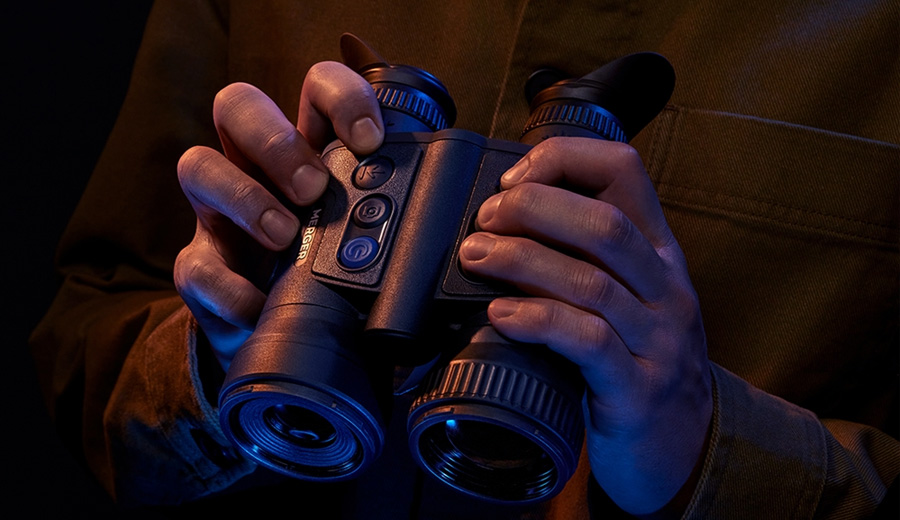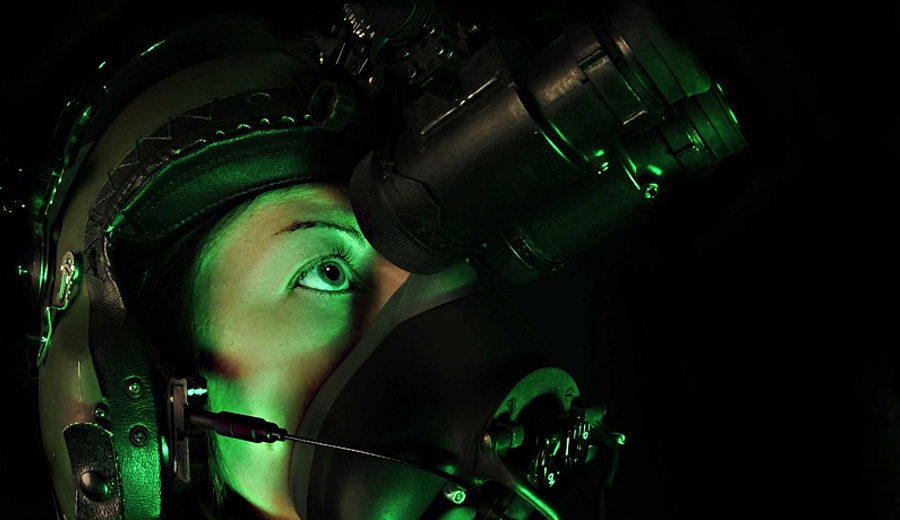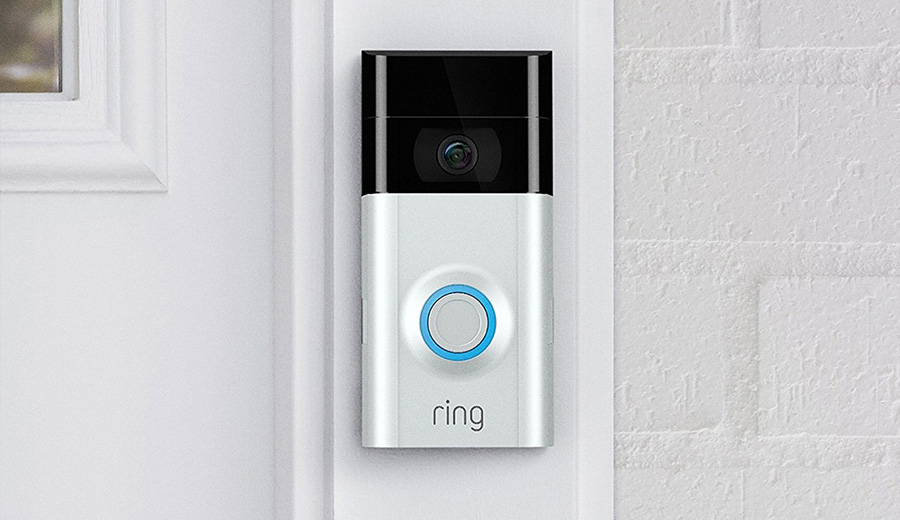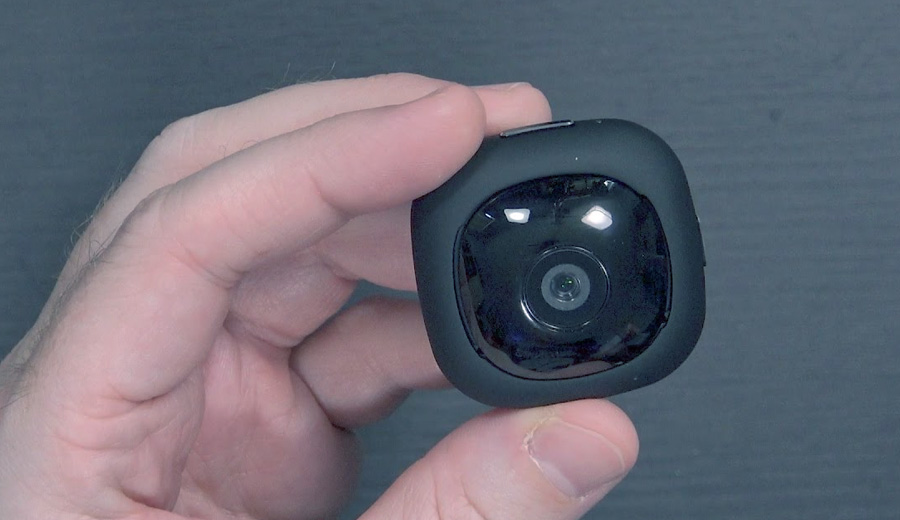Public surveillance in this digital age has become a norm now. It helps maintain public safety and security. On the other hand, the use of spy cameras is accompanied by some ethical concerns that people have.
This has sparked a significant public discussion as well as lots of criticism about the issues pertaining to security and safety versus the basic rights to privacy.
The Role of Surveillance in Public Spaces
Modern safety measures cannot be complete without surveillance in public places.
The invisible eyes in the form of spy cameras placed in streets, transport systems, parks, etc. provide a necessary surveillance for possible security threats.
Surveillance is meant to minimize and prevent crimes. It also allows the law enforcement agencies to maintain order and security among the citizen population.
During emergencies, these systems help to speed up response time to help with quick intervention that’s necessary for solving various crises. Furthermore, the presence of CCTV cameras serves as a crime deterrent hence the reduction of crimes in areas with high density of surveillance cameras.
With the increase in technological advancements, the surveillance capabilities also improve allowing for live, 24/7 monitoring, as well as analyzing data to forecast criminal activities in public spaces such as schools, hotels, malls, and airports, thereby ensuring safe public spaces.
Ethical Concerns Surrounding Spy Cameras in Public Spaces
However, there are many ethical issues surrounding spy camera use in public places.
This major area of concern related to the intrusion into personal space when one expects a minimum level of privacy.
The utilization of facial recognition technology for example in urban environments, while intended for enhancing security, has raised significant ethical concerns regarding such data use and potential misuse.
Cameras are omnipresent and the abuse of the surveillance data poses a significant risk of infringement on civil liberties.
Moreover, just by being there, surveillance can impact social behavior, making for a society that is always on edge, paranoid and unsettled. This may lead, or may have already led, to numerous negative outcomes we can’t yet comprehend.
Topics of Concern Today
The use of facial recognition technology in urban environments meant for better security has been questioned from an ethical perspective on data security and possible breach in the future.
There has been a criticism over cases of mass surveillance in public areas and this has reportedly often disproportionately affected minority members.
Additionally, debates about the trade-off between the need for surveillance and infringing on individual liberty have been sparked by the extension of surveillance networks without open public debate and oversight.
These instances emphasize the importance of putting measures in place to protect public safety while ensuring that civil liberties remain intact.
Addressing Ethical Concerns
Setting up rules of ethical surveillance is necessary because of numerous problems presented by spy cameras in public places.
The use of surveillance technology should be transparent, and the public needs to be made aware of it. Public participation in decisions regarding surveillance system implementation enhances trust and accountability.
Furthermore, developments in security-oriented privacy technologies are key to tackling such concerns.
Conclusion
Spy cameras in public spaces pose an ethical conundrum. Although surveillance is essential for public safety, ethics plays a role in the same manner.
The balance between security and privacy is paramount.
Ethical issues surrounding pervasive surveillance require an on-going conversation and responsible use of monitoring technologies, especially with AI entering the space, it will become more important each day.
Therefore, it is a matter of ensuring that the use and the rules of monitoring cameras comply with ethical values and promote a society that cares for public safety and the right of privacy.
The balance can and should be maintained as there has been a lot of discussion, development in technology, and thoughtful consideration on public surveillance ethics.

